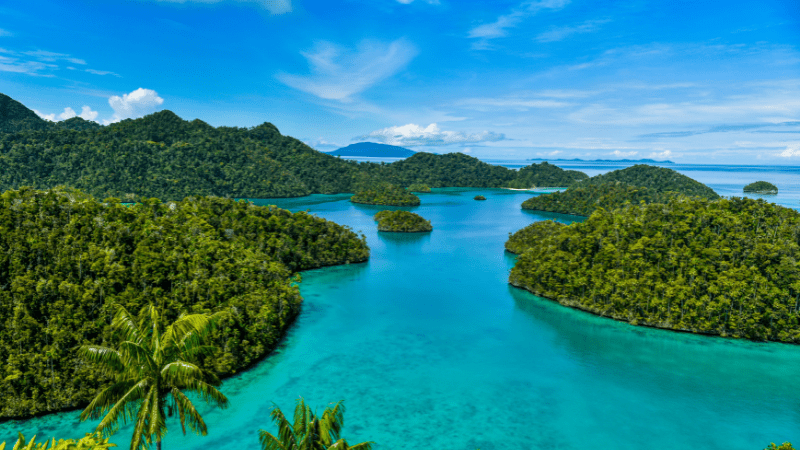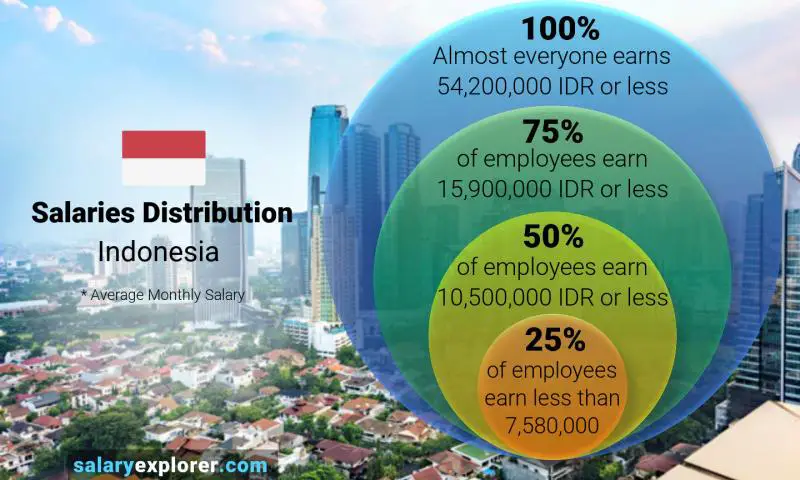Is Indonesia a clean country?
Indonesia is a country known for its beautiful landscapes, rich culture, and diverse wildlife. However, when it comes to cleanliness, the country has faced some challenges. According to a recent report on the world's dirtiest countries, Indonesia is ranked as one of the top ten countries with the highest pollution index.
The report indicates that Indonesia has a pollution index of 67, which puts it in the category of countries with a "high" level of pollution. This means that the country faces significant challenges in managing waste, controlling air pollution, and preserving its natural environment.
One of the main contributors to Indonesia's pollution problem is the rapid industrialization and urbanization that the country has experienced in recent years. As more factories are built, more vehicles hit the roads, and more people migrate to cities, the demand for resources and energy has increased exponentially, leading to a rise in pollution levels.
Another major factor contributing to Indonesia's pollution problem is the lack of proper waste management systems. Many parts of the country still rely on outdated methods of waste disposal, such as open burning and dumping, which release harmful toxins into the air and soil.
Indonesia also faces challenges in controlling air pollution, particularly in major cities like Jakarta and Surabaya. The high levels of traffic congestion, industrial emissions, and burning of agricultural waste contribute to the poor air quality in these urban areas, posing serious risks to public health.
Despite these challenges, Indonesia has taken steps to address its pollution problem. The government has implemented various initiatives to promote sustainable development, such as the Clean Air Program and the National Action Plan on Climate Change.
Additionally, civil society organizations and grassroots movements have been working tirelessly to raise awareness about environmental issues and advocate for policy changes that prioritize sustainability and conservation.
While Indonesia still has a long way to go in terms of ensuring a clean and healthy environment for its citizens, the country is making progress in addressing its pollution challenges. By prioritizing sustainable development, investing in green technologies, and enforcing strict environmental regulations, Indonesia is taking steps towards becoming a cleaner and greener country.


